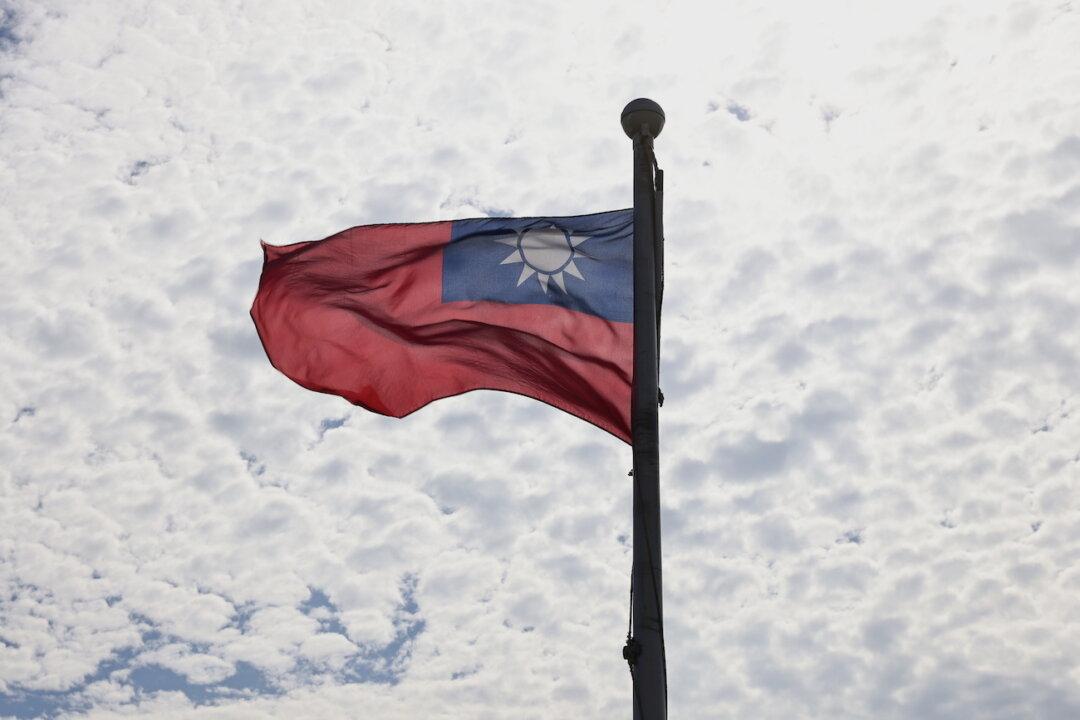A Taiwanese official has asked Australia to support its bid to join the Comprehensive and Progressive Agreement for Trans-Pacific Partnership (CPTPP), which the Chinese regime opposes.
Taipei Economic and Cultural Office representative Elliott Charng told a Parliament committee in Canberra on Tuesday that Taiwan can boost high-technology trade flows and growing demand for Australian minerals.




